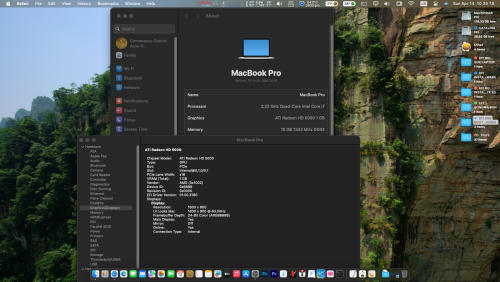It appears that Apple hasn't quite made up their mind about SSE3 yet. Or at least, they're not done with the Intel version of OS X.
Those who have studied the new x86 version of the OS have reported that the necessity for SSE3 in the GUI has been established as fact. However, as this Apple document on the Intel transition states, "SSE3 is an optional hardware feature on MacOS X for Intel. If you wish to use SSE3 features, you must detect them first, similar to how you are required to check for AltiVec." The paper goes on to reveal that, "SSE is not available in any format for MacOS X for PowerPC and AltiVec is not available for MacOS X for Intel. When writing code for Universal Binaries to run on MacOS X, you should conditionalize your code using appropriate symbols like __VEC__ and __SSE2__ to prevent the compiler from seeing vector code for unsupported architectures for each fork of the universal binary."
So, will the "official" version of Tiger on Intel be optimized for SSE2 as well?










Recommended Comments